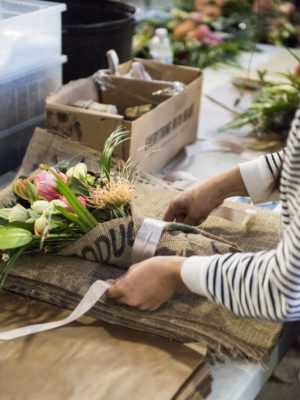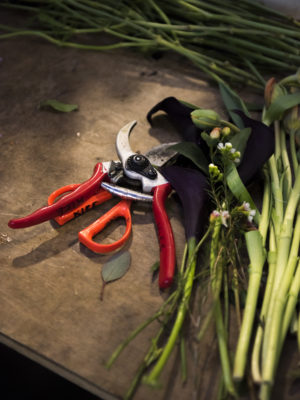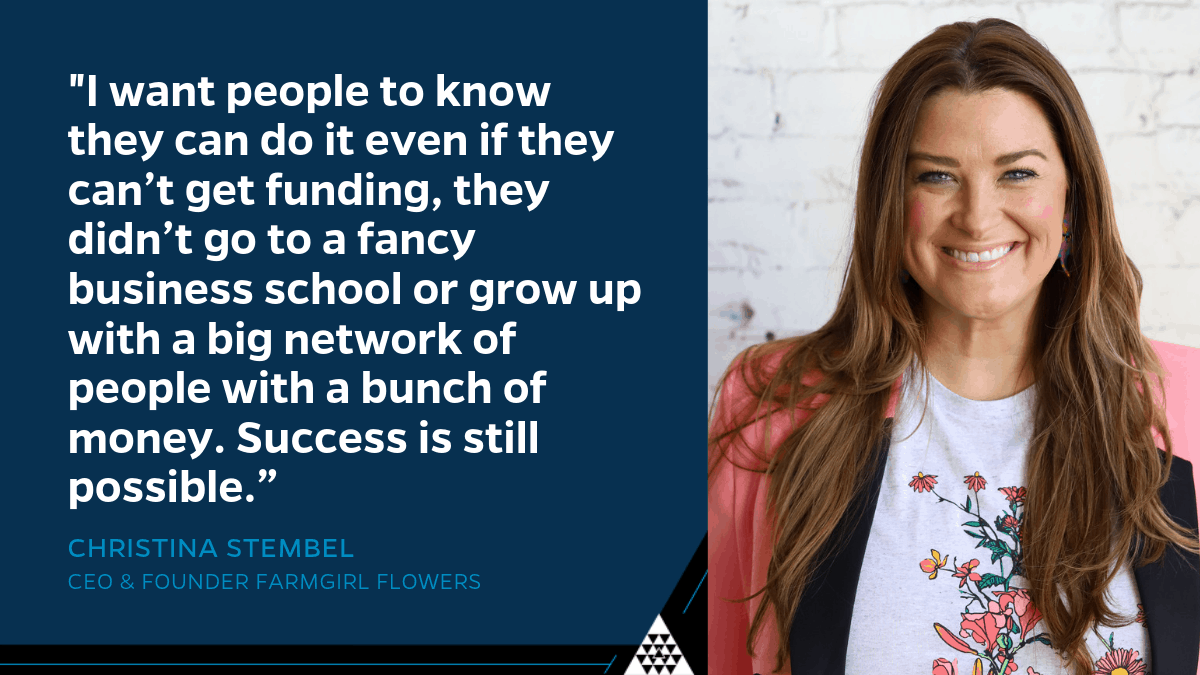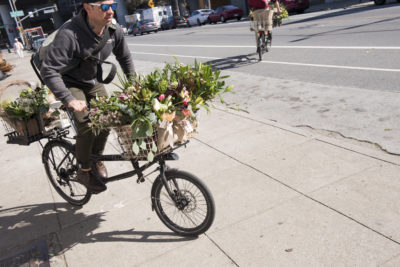“Anyone that comes to me for advice about starting something perishable like I did, I tell them: don’t do it,” says Christina Stembel, YPO member and CEO and Founder of Farmgirl Flowers, half-ruefully.
Putting down roots
In 2010, Stembel started her company like most: with the seed of an idea. She wanted to create a socially conscious alternative to leading e-commerce flower companies, where everything was made by hand and sourced from American farmers who paid living wages and avoided harmful chemicals.

A year and a half later, in mid-2011, she was down to USD411 — just in time for her landlord to find out she was operating a business out of her apartment and demand she stop. Stembel could barely pay one rent let alone two, but found the smallest space she could at the San Francisco flower market and slowly but surely, started to grow.
By 2014, other floral companies had cropped up around her with indisputably similar business structures raising tons of capital, which Stembel had been unable to do.
Concurrently, Stembel was struggling to find enough U.S.-grown flowers for the ever-growing demand for Farmgirl Flowers’ handmade flower arrangements. There were enough farms. There was enough product. Stembel was even buying larger quantities than many of the wholesalers. So, what was the problem?
Flower vs. bud
“For generations farmers have sold to wholesalers, who then sell to retailers, who then sell tor customers,” explains Stembel. “But I wanted to buy directly from the farmer and sell to my clients and I had no idea how hard it would be to try and change that model. It got worse when wholesalers started threatening the farmers, telling them they would take their business elsewhere if they sold to us. The other problem, straight up, was that I was a woman. The flower industry is a very male-dominated space, and that was a major issue.”
“I would say that about 75 percent of land used for growing the flowers we were purchasing was flipped for cannabis,” says Stembel. “My guess is that within the next three years, there are not going to be very many American-grown flowers left.”
Now there was no way Farmgirl Flowers could rely on solely sourcing from America and as much as Stembel hated to pivot again — especially away from U.S.-growers — it was time to go overseas.
“We have an amazing brand and an amazing company,” says Stembel. “I think that’s 100 percent of our value. It’s what sets us apart. We still buy some of our flowers from U.S. growers but I’ve met amazing farmers overseas who are providing equal or better work environments than the U.S. flower farms we work with, who I can support with full confidence and who are excited to grow with us. And that, is an amazing feeling!”
Asked what she would tell her younger self sitting at that kitchen table back in 2010, Stembel says, “I’d say to trust myself. I didn’t come from money. I grew up on a tiny farm and didn’t have parents that gave me a penny for anything. I grew up with really defined gender roles. I was told to get married and have kids. I was told that was my path. So, I moved two weeks after graduating high school, started at the bottom of every job I had and worked my way up. And today I know I’m going to get to where I want to go; and I know how to get there.” This summer, Farmgirl Flowers is set to make a USD34 million in revenue — a substantial return on her initial USD49,000 investment. And with a little help from a YPO peer who recently found Stembel an alternate funding source, that billion-dollar goal she’s been after from day one seems ready to bloom. But perhaps the most important piece of Stembel’s Farmgirl Flowers story is the one that’s seldom told. “Articles proliferate the media every year with titles like ‘20 Female Entrepreneurs to Watch,’ and ‘Top 40 Female Entrepreneurs Under 40,’” says Stembel. “But those are often based on how much money someone has raised; not about their growth or whether they’re profitable. I want people to know they can do it even if they can’t get funding. If they didn’t go to a fancy business school or grow up with a big network of people with a bunch of money, success is still possible.”
Farmgirl Flowers lets the sunshine in



